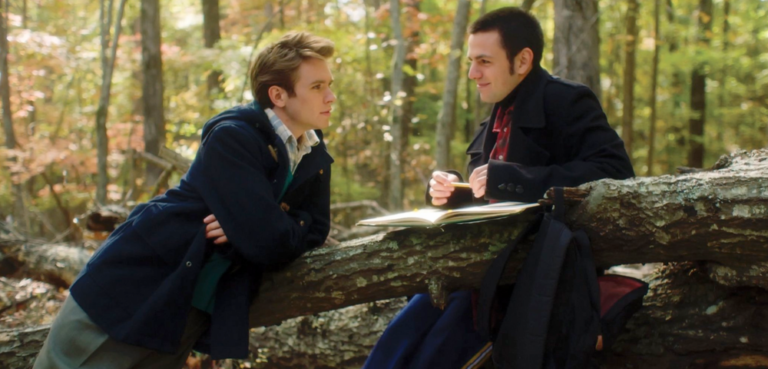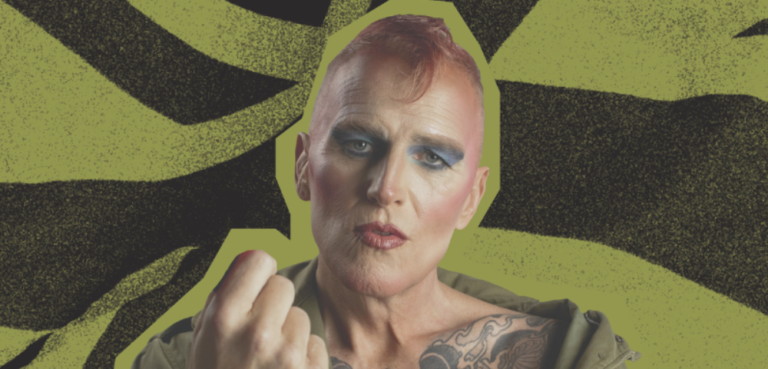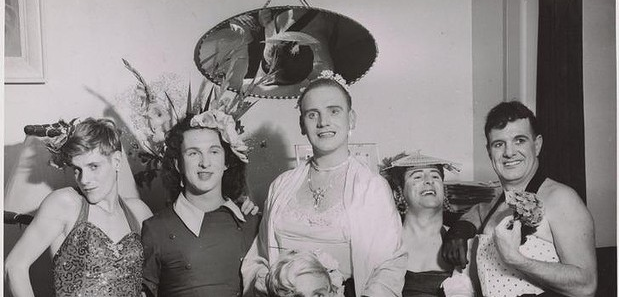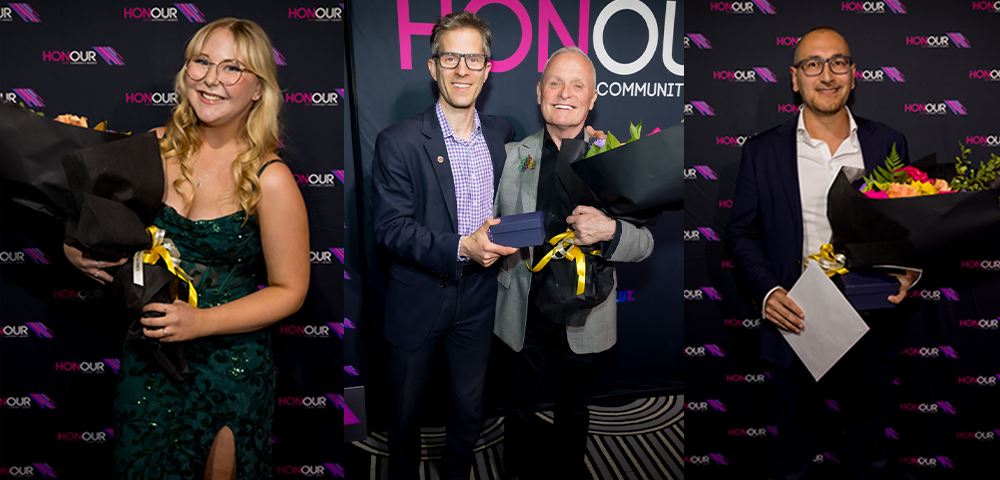
Czechs go their own way
Prague-raised Zdenek, 26, believes the driving impetus behind the Czech Republic passing civil-union legislation was a desire that his country follows its own destiny and demonstrates to Europe that Czechs are capable of making their own decisions.
Same-sex marriage was a big step for us. By doing so we became more independent. We are a small country but it’s important that we are assertive now, said Zdenek.
For most our history we have been directed by another country, always pushed by someone else. We wanted to make a statement that we can decide our destiny.
In January 1993 the Czech Republic was formally established after a peaceful split with Slovakia. For four centuries the land was controlled as part of the Austro-Hungarian empire.
Czechoslovakia was formed in 1918 but the relative freedom was short-lived when Germany occupied it in 1939. The liberation of the country by the Soviet army towards the end of World War Two was followed by decades of communist rule.
Two years after independence in 1995 the Government first put forward a registered partnership bill. It would take four failed bills and eleven years before the legislation was passed.
The reason it took so long is that over this period there was more discussion on television about being gay. In the end it was about changing the people’s perception of homosexuality and showing we are normal, said Zdenek.
In December 2005 a civil unions bill was passed by the Czech House of Representatives and adopted by the Senate in January 2006. However, the Czech president has the power of veto over all legislation: a power he chose to use.
I consider the marriage a traditional institution of one type. Let them arrange their relationship in any way. But I am absolutely against mixing this with family and marriage, President Vaclav Klaus said at the time.
The bill returned to Parliament where it needed 101 out of 200 parliamentarians to override the president’s veto. The bill received exactly that: 101 votes and thereby the Czech Republic became the first former communist country to pass civil union legislation.
We are not as religious as surrounding countries such as Poland. A very low percentage of Czechs, mostly old people, attend Church. That is why the Czech Republic is more supportive of gay rights than the surrounding countries, said Zdenek.
The narrow victory of the final vote indicates significant opposition to the Bill. While not a particularly religious country, the Czech Republic has a Christian Democrat Party.
Christian Democrat MP Vilem Holan said in 2004, -¦the traditional family needs and deserves special assistance-¦
Prague is known for its gay infrastructure, however, the city has never hosted a Pride parade.
The first parade in the country was held in the Moravian capital, Brno, in June last year. Andrea Jochmanova, a spokesperson for the event said, We also want to point out the specific legal and social inequalities in the Czech Republic, such as family issues and legal insecurity of
raising children.
Zdenek came to Sydney two years ago to study English.
Prague and Sydney have similar scenes, with people having fun. However, gay people are more open in Sydney. In Prague gay people still care about what other people think of their sexuality.









